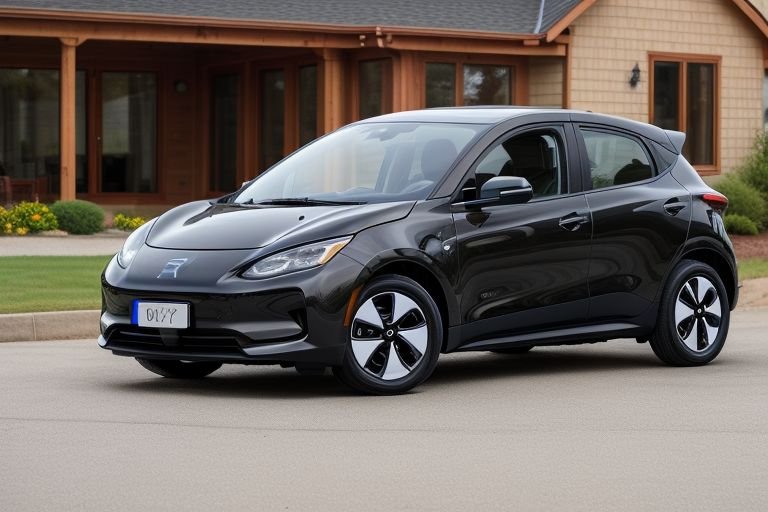
South Korea Introduces New EV Battery Certification Program Following Safety Concerns
In a major development to counter emergent safety issues in South Korean EV market the country is planning to introduce a complete certification system for battery electric vehicle battery packs. This decision comes at the backdrop of a fire incident that razed 140 vehicles and part of a parking structure late last year, sparking a debate on the safety of electric cars in the country’s automotive industry.
The planned certification program is supposed to guarantee compliance of all the South Korean EV batteries with the highest levels of safety before the batteries are integrated into vehicles marketed in the country. This line of action shows the government’s readiness to ensure that the EV industry continues to enjoy the confidence of the public as it seeks to optimise the same objectives on EV utilization as well as curbing emissions in the country.
The event that precipitated this kind of regulatory action occurred earlier this year when an electric vehicle engaged an underground car park and exploded to a fire That was put out after over eight hours. The degree of the fire, and its effects on other cars and installations underscore the possible hazards of EV batteries, and call for coordinated actions.
The South Korean government initiated a comprehensive enquiry to investigate the causality of the fire and prospects of associated risks that EV battery systems may bear. The conclusions deriving from this study have directly influenced the design of the new certification program aimed at integrating demanding tests on battery cycling capacity, life span, and safety under different circumstances.
These need to include thermal systems, fire protection, and protective measures and fail-safe systems in case of accidents such as fire. Producers will be asked to prove that their battery packs will not pose a risk to safety when exposed to such conditions as high temperatures and pressures and physical shocks as well as other stress factors. Moreover, the program may include demands for more sophisticated control systems that would be capable of identifying likely risks before they develop into unsafe occurrences.
Indications from this move by South Korea suggest that it will spur a whirlwind of activity in the EV market worldwide. South Korea, as one of the largest automotive and battery manufacturers in the world, standards in this country are often used abroad. Most industry players expect other nations to emulate similar certification programs, resulting in a new international standard of battery safety in the electrical vehicle market.
This certification program is presented in a crucial period in the development of the automotive industry in South Korea. The country has been particularly keen on the consumption of electric cars more as part of efforts to decrease green house gas emissions as a way of fighting climate change. Nevertheless, accidents such as the fire have the possibility to undermine the trust of the people in EVs, thus the pace of transition from IC engines might be reduced.
Every country has its set of safety standard and certification norms and the South Korean government lays down rigid norms to bring confidence to the consumers as well as to continue the momentum in the electric vehicle market. This approach fits well with its image of being a producer of high-quality goods and technology, especially the automobiles and electronics industries.
The certification program is also anticipated to have massive impact on battery makers and self-makers in South Korea. Manufacturers may also be forced to spend money to help their products meet the new standards and this will lead to new improvements in batteries and even safety measures. Even though this might raise the costs in the short run it could produce safer and more reliable EVs in the long run.
Moreover, the program has potential to boost up the local South Korean battery manufacturers to compete in the global market. With safety emerging as a critical factor in decisions, consumers as well as automaking industries may view batteries certified under this program more positively.
The conduct of the certification program is anticipated to involve the governments, the industry players and researchers in equal measure. This endeavour will have associated the multiple facets of view so that it is possible to guarantee that the norms are both theoretical as well as workable for the manufacturers.
Should South Korea push with this initiative, the global automotive industry will be closely observing closely. If this program is successful, it could change the industry’s approach to battery packing in EV and advance the timeline for the transition to electric vehicles on an international level. Not only that South Korea has been making efforts to protect its citizens but it’s also making efforts to present itself at the cutting edge of automotive technology.


